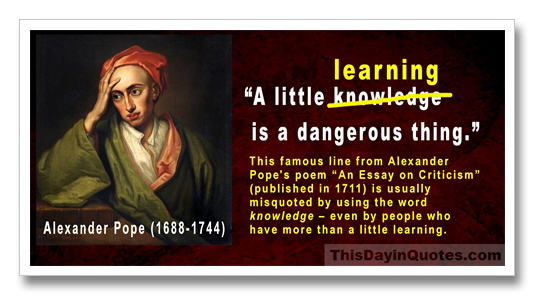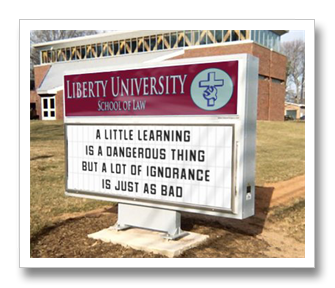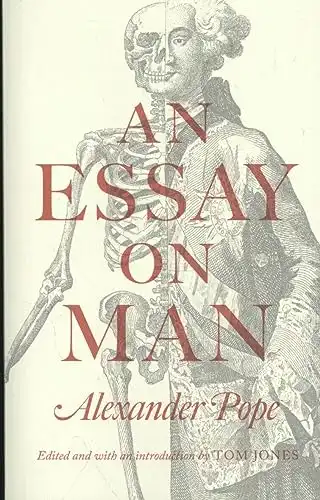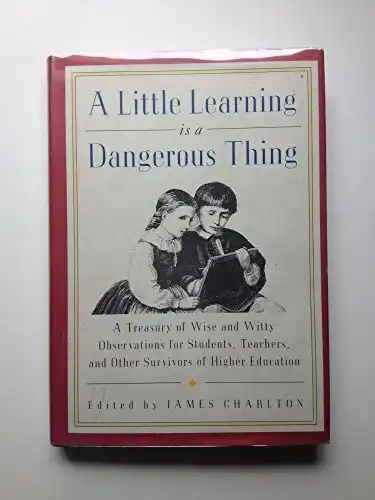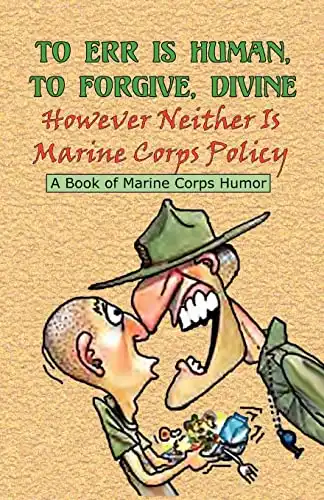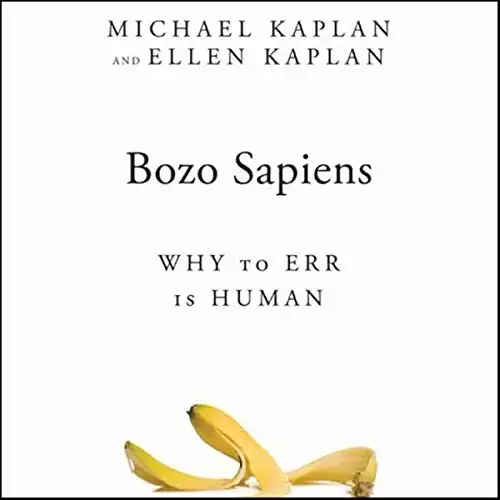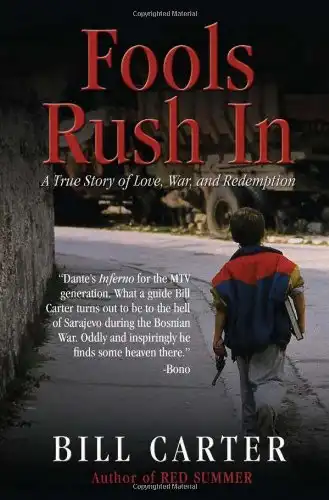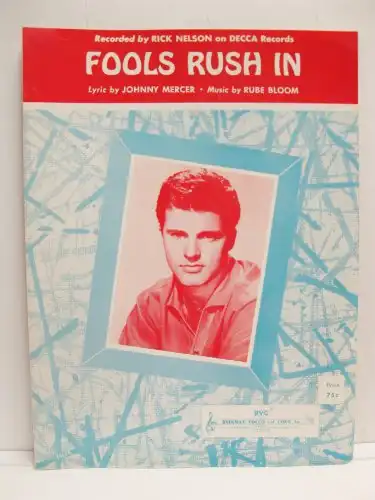Most people have heard the old line of poetry: “A little learning is a dangerous thing.”
It became a proverbial saying that has been — and is still is — used and repurposed in many ways.
The common variation is “A little knowledge is a dangerous thing.” However, that’s an misquote of the original line written by British poet Alexander Pope in his work An Essay on Criticism.
This famous “essay” is actually a book-length poem.
Pope first published it anonymously exactly three hundred years ago today on May 15, 1711.
It’s composed in iambic pentameter. That’s the poetic style with words that have an unstressed syllable followed by a stressed one, thus sounding like “da-DUM da-DUM da-DUM da-DUM da-DUM”.
There are two other famous lines in Pope’s An Essay on Criticism almost everyone knows, even they’ve never read the poem.
One is the “To err is human, to forgive divine.” The other is “Fools rush in where angels fear to tread.”
If you have read Pope’s An Essay on Criticism, you know it’s not an easy task.
It’s composed in a flowery, antique style and full of obscure references that make it hard for modern readers to grasp.
For example, here’s a longer passage that includes the famed “little learning” quote:
“A little learning is a dangerous thing
Drink deep, or taste not the Pierian spring:
There shallow draughts intoxicate the brain,
And drinking largely sobers us again.
Fired at first sight with what the muse imparts,
In fearless youth we tempt the heights of arts
While from the bounded level of our mind
Short views we take nor see the lengths behind
But more advanced behold with strange surprise,
New distant scenes of endless science rise!”
This type of poesy is a bit reminiscent of Shakespeare. And, Shakespeare wrote some of his famous sonnets and verses of his plays in iambic pentameter.
But, personally, I find Shakespeare’s work much more enjoyable to read or hear than Pope’s and generally easier to comprehend.
With apologies to my high school and college English teachers, Pope’s poem An Essay on Criticism sounds to me like:
“Blah-BLAH, blah-BLAH…A little learning is a dangerous thing…blah-BLAH, blah-BLAH…To err is human…blah-BLAH, blah-BLAH…fools rush in…blah-BLAH, blah-BLAH.”
Of course, I only absorbed a little learning back in those days. (Hey, it was the Sixties.)
I encourage you to read the entire poem for yourself and draw your own conclusions about its Pierian spring of poetic wisdom.
* * * * * * * * * *
Comments? Corrections? Post them on my Famous Quotations Facebook page or send me an email.
Related reading, listening and stuff…


